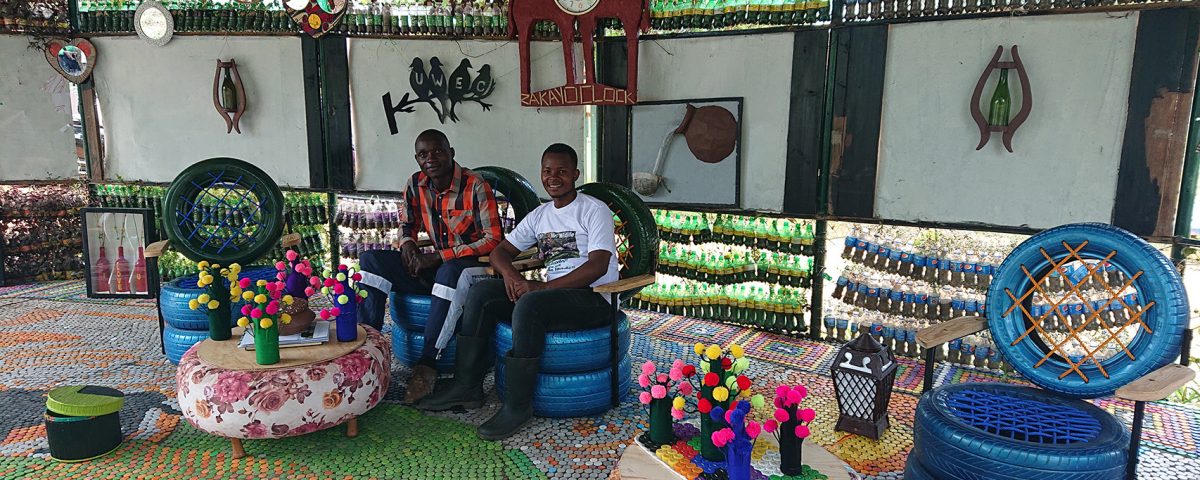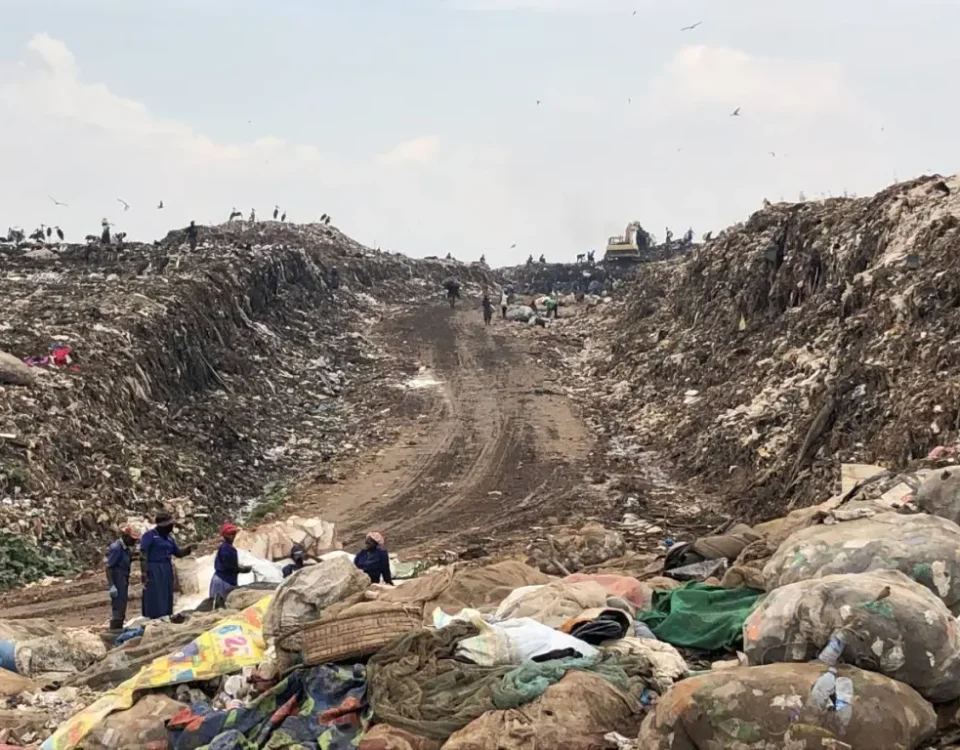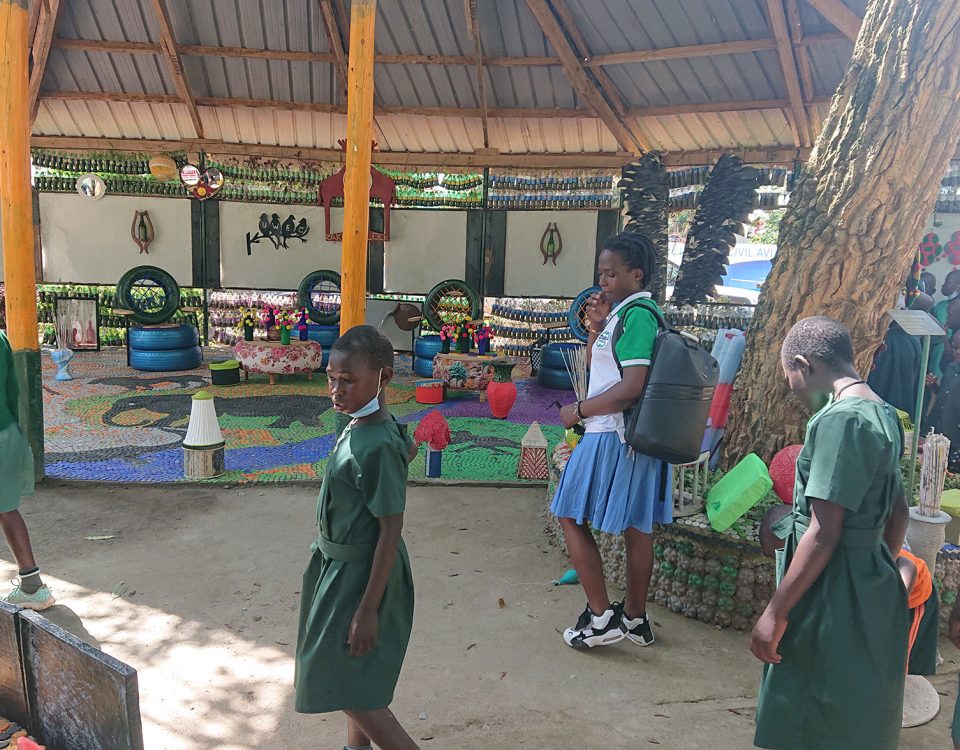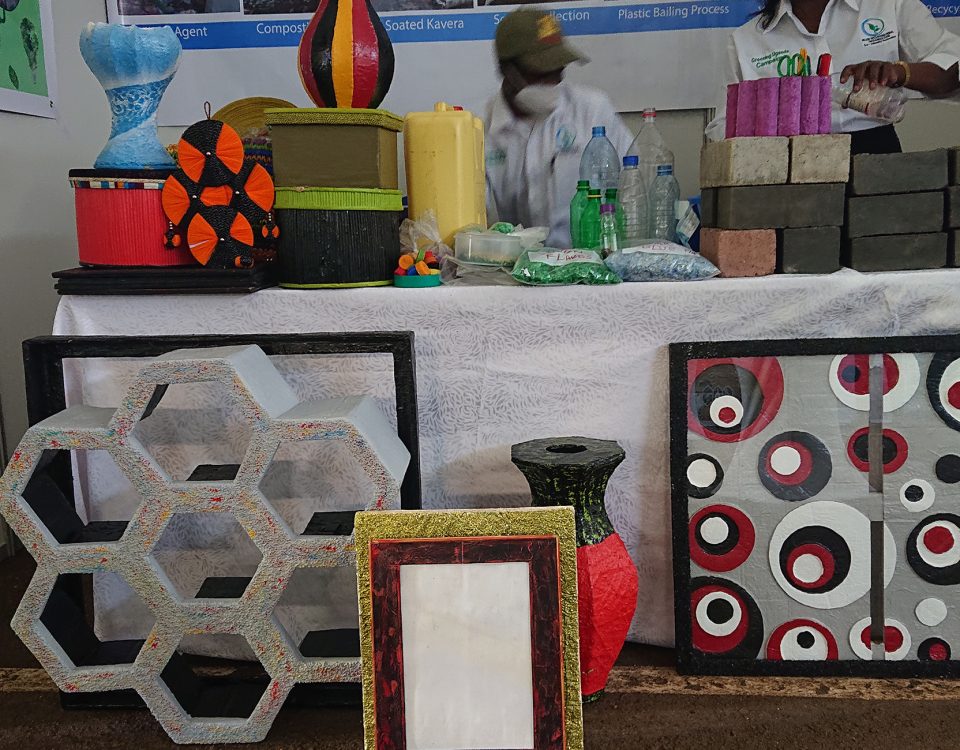Empowering Communities: How Sustainable Waste Practices Boost Local Economies
Empowering Communities: How Sustainable Waste Practices Boost Local Economies

In communities around the world, sustainable waste management practices are not just about environmental stewardship—they are powerful drivers of economic growth and social equity. Organizations like the Zero Waste Amazing Projects (ZWAP) Foundation are leading the charge by implementing initiatives that transform waste into valuable resources, create jobs, and foster economic resilience.
The Economic Impact of Sustainable Waste Management
Creating Economic Opportunities
Sustainable waste management practices, such as recycling, upcycling, and composting, create economic opportunities at various levels of society. By transforming waste materials into marketable products, communities can generate income through local businesses and cooperatives. For example, ZWAP Foundation supports artisanal crafts made from recycled materials, providing employment and income to individuals in marginalized communities.Reducing Costs and Enhancing Efficiency
Effective waste management reduces costs associated with waste disposal and environmental cleanup. Municipalities and businesses that adopt sustainable practices minimize landfill fees, transportation costs, and environmental fines. This cost savings can be reinvested into community development initiatives, infrastructure improvements, or public services, further stimulating economic growth.
Case Studies: Success Stories from ZWAP Foundation
Empowering Local Entrepreneurs
In regions supported by ZWAP Foundation, local entrepreneurs have transformed waste into thriving businesses. By providing training, access to markets, and financial support, ZWAP Foundation empowers individuals to start and sustain waste-based enterprises. These businesses not only contribute to the local economy but also promote sustainable consumption patterns and environmental responsibility.
Community Resilience and Sustainability
Communities that embrace sustainable waste practices are better equipped to withstand economic shocks and environmental challenges. By diversifying their economic base and reducing dependence on resource-intensive industries, communities can build resilience and adaptability to changing market conditions and environmental pressures.
The Role of Partnerships and Collaboration
Strengthening Local Networks
Partnerships between ZWAP Foundation, local governments, businesses, and community organizations are essential for scaling sustainable waste management initiatives. Collaborative efforts leverage resources, expertise, and networks to maximize impact and ensure long-term sustainability. By working together, stakeholders can address complex challenges, advocate for policy change, and create inclusive economic opportunities for all members of society.
Join Us in Empowering Communities
How You Can Make a Difference
There are several ways you can support sustainable waste practices and contribute to community empowerment:
. Support Local Businesses: Purchase products made from recycled materials or support businesses that prioritize sustainability.
. Advocate for Policy Change: Encourage local governments to implement policies that promote recycling, waste reduction, and sustainable practices.. Volunteer and Donate: Get involved with organizations like ZWAP Foundation by volunteering your time, skills, or financial support to sustain their programs and initiatives.



